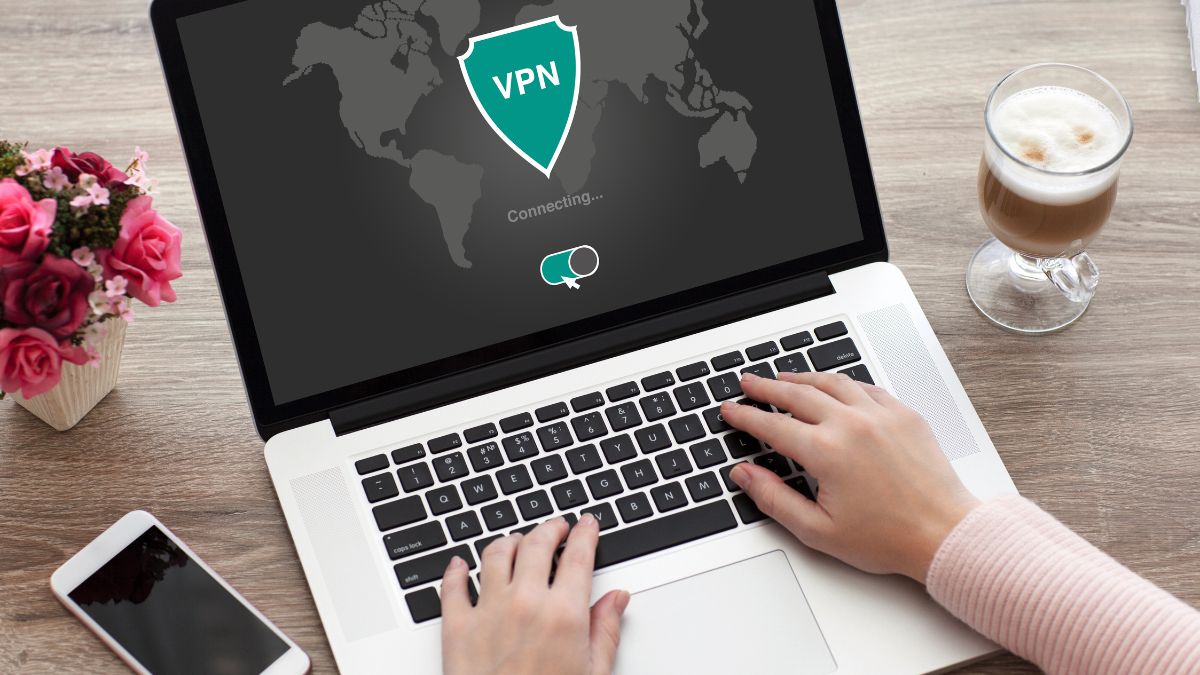Using NCSU VPN to Access Restricted Research Data and Internal University Networks
In today’s digital age, accessing remote databases and internal systems securely is an essential requirement for academic researchers. For students, faculty, and staff at North Carolina State University (NCSU), the Virtual Private Network (VPN) service is a critical tool that facilitates secure and seamless access to restricted digital resources. Whether you’re conducting field research abroad or simply working from home, using the NCSU VPN ensures that you can connect safely to the university’s private network and access sensitive or licensed data sets without compromising security.
At its core, the NCSU VPN provides a secure, encrypted connection between your device and the university’s internal systems. This encrypted data tunnel ensures that information shared between the user and the university servers is protected from unauthorized access, particularly useful when working from untrusted networks such as public Wi-Fi. This secure access is vital when utilizing licensed databases, research archives, or internal tools that are otherwise blocked from public networks.
Key Benefits of Using the NCSU VPN
Connecting through the NCSU VPN offers numerous advantages for those engaged in sensitive or specialized academic work. The key benefits include:
- Access to Restricted Research Resources: Many research tools and databases are available only to users within the campus network. By connecting through the VPN, researchers can access these critical resources from anywhere in the world.
- Improved Security: VPN encryption reduces the risk of data interception and is crucial when handling confidential or identifiable subject data.
- Compliance with Data Use Agreements: Licenses with certain data providers require usage to be restricted by network location. VPN usage ensures compliance with these contractual obligations.
The VPN is especially useful for those working with licensed software platforms, scientific journals, and dataset repositories that cannot be accessed openly. For example, software like MATLAB, SPSS, or certain GIS tools might require authentication through the NCSU network to function correctly. Additionally, restricted-access library catalogs—such as subscription-only academic journals—are frequently limited to campus IP addresses unless a VPN is used.

How to Connect to the NCSU VPN
North Carolina State University employs Cisco AnyConnect for its VPN services. Here is a basic outline of the steps involved in setting up and connecting to the VPN:
- Download the Cisco AnyConnect VPN Client from the official NC State Office of Information Technology (OIT) website.
- Install the client on your device. Cisco AnyConnect is compatible with Windows, macOS, and most Linux distributions.
- Launch the application and enter the server address vpn.ncsu.edu.
- Log in using your NCSU Unity ID and password. Duo two-factor authentication is required for enhanced security.
- Once connected, your device will be part of the NCSU network, and you will be able to access internal systems securely.
It is highly advised that you regularly update the VPN client and ensure your device’s firewall and anti-virus software are operational. This adds an extra layer of protection when working with confidential data or navigating the VPN network.
Best Practices When Using the VPN for Research
While VPNs provide a secure channel, responsible usage is key to maintaining data integrity and legal compliance. Below are some recommended best practices when using the NCSU VPN:
- Log out when not in use: Always disconnect from the VPN after completing your work to minimize unnecessary network load and reduce potential vulnerability.
- Encrypt and back up sensitive data: If working with research participants or confidential information, store data in encrypted formats and back it up in approved locations such as the NCSU-secured cloud services.
- Avoid file-sharing applications while connected: Limiting bandwidth-intensive or unapproved network applications (e.g., torrenting) helps ensure security and optimal VPN performance for all users.

Conclusion
In sum, the NCSU VPN is a powerful and essential tool for securely accessing restricted academic and research resources. It promotes safe remote work, compliance with software use licenses, and protection for sensitive data. Proper configuration and responsible usage of this service empower researchers and students to collaborate and innovate from virtually any location. For further assistance, the NCSU Office of Information Technology offers comprehensive guides and responsive support services.
Leveraging this secure digital gateway not only opens the door to vast academic resources but also affirms a commitment to institutional data policies and best cybersecurity practices.



